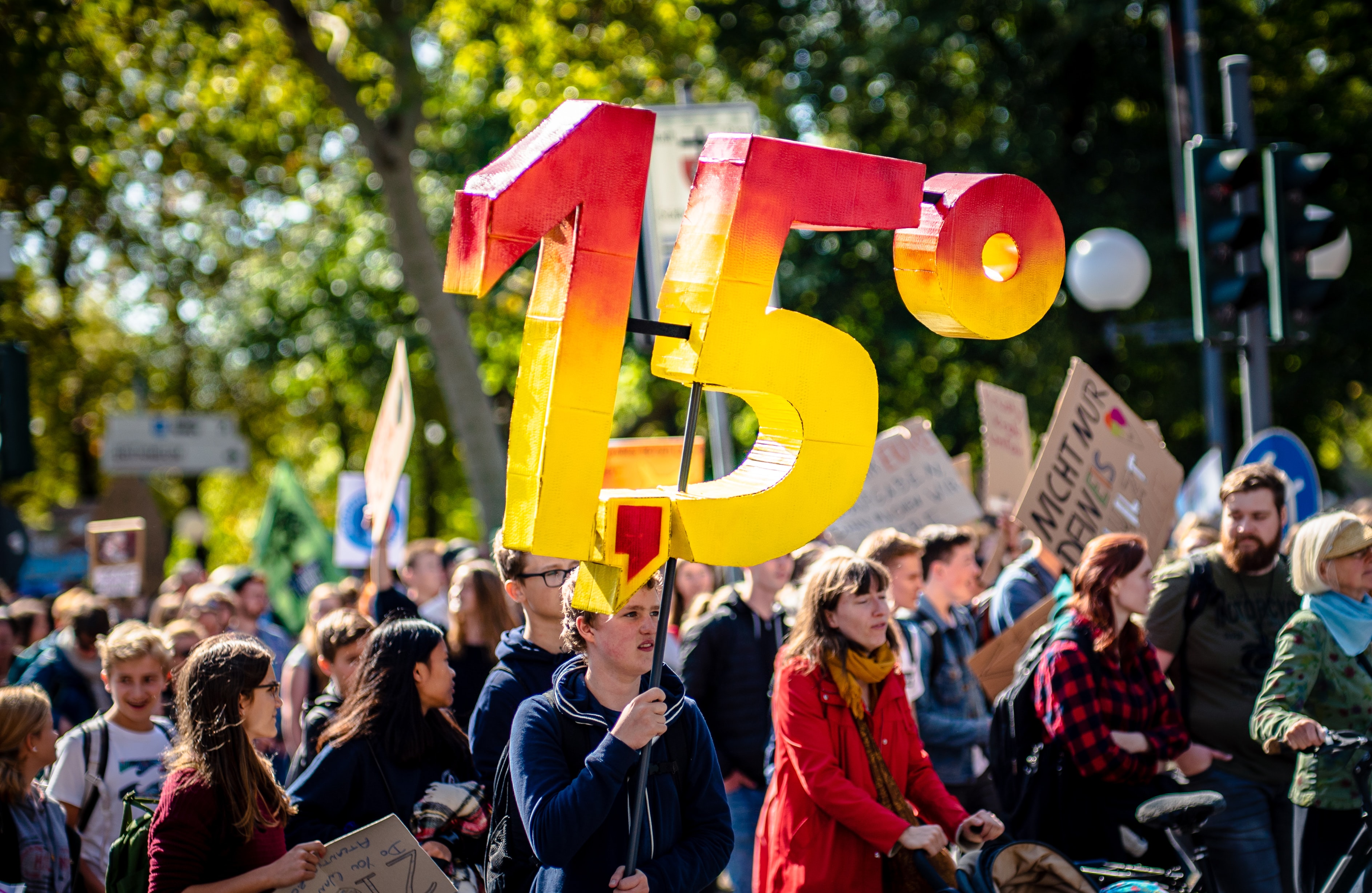Expert Reaction
These comments have been collated by the Science Media Centre to provide a variety of expert perspectives on this issue. Feel free to use these quotes in your stories. Views expressed are the personal opinions of the experts named. They do not represent the views of the SMC or any other organisation unless specifically stated.
Ian Lowe is Emeritus professor of science, technology and society at Griffith University, Qld and former President of the Australian Conservation Foundation.
The new pledges by most affluent nations and the China-USA agreement are welcome steps forward. If all the pledges are honoured - and that is a big “if” - there is now a credible path to keeping the increase in average global temperature around two degrees.
That is still very bad news for those countries already being severely impacted by climate change, especially the small island states in the Pacific. Australia is also in the front line of impacts, especially the Great Barrier Reef and the Torres Strait Island communities.
So it was especially disappointing that Australia, alone among affluent countries, did not offer any new commitment to the emission reductions that are urgently needed. Even worse, our government was flaunting its disregard by actively touting for further investment in gas projects and refusing to join the moves to phase out coal and curb methane emissions. While most states are now taking serious action to slow climate change, our national government remains an embarrassment.
Neville Nicholls is an Emeritus Professor at the School of Earth, Atmosphere & Environment at Monash University
Australian media and political attention on climate change have focused rightly on reducing greenhouse gas emissions.
The COP26 draft decisions also focus attention on the need to improve our adaptation to the climate change that is already happening and affecting lives and livelihoods, in Australia and our near neighbours.
A stronger emphasis on how we should best adapt to the current and future climate will save lives and improve livelihoods and the economy.
Professor John Quiggin is a Professor of Economics at the University of Queensland
The COP-26 Conference is the culmination of a five-year period in which the world has committed itself to the decarbonisation of the economy, by 2050 for developed countries. That entails a need for strong action to reduce emissions greatly by 2030 and beyond.
Australia has been paralysed by vested interest and denialism, but the choices are being made for us. Exports of carbon-based fuels and carbon-intensive products have a limited future. The shift to clean energy, including electricity exports, green hydrogen and the end of petrol-driven cars needs to be accelerated.
Associate Professor Ying Zhang is from the Sydney School of Public Health at the University of Sydney
The US-China agreement is the most surprising achievement at COP26, given the ongoing economic and political conflicts between the two countries over the past few years. Australia should follow this model and seek common ground in responding to climate change through more cooperation with China and other countries in the region.
Dr Rob Hales is director of the Griffith Centre for Sustainable Enterprise at Griffith University
Australia is working against the aims of COP26. It's widely accepted that Australia has not brought new emissions reductions targets to COP26 but now Australia is reported to be lobbying to weaken draft texts at COP26 in Glasgow.
The Australian Government has been working to remove or soften the draft Glasgow Accord which aims to make governments revisit and strengthen the emissions reductions targets for 2030 within 12 months.
The Australian Government also does not agree with a statement in the draft accord that calls on countries to speed up phasing out of fossil fuel subsidies.
Australia has burnt 42 per cent of its allowable fossil fuel emissions since 2013, based on a fair share approach, and has 58 per cent left to burn between now and 2050. Without increasing ambition in targets and plans to reduce fossil fuel emissions, it is almost certain that Australia will overshoot its budget.
Previously at COP25 the only countries to block the agreement on the rule book (Article 6) of the Paris Agreement were Australia, Brazil, and Saudi Arabia. It is interpreted that Australia wanted to include carryover credits from the Kyoto Agreement which was a cop-out for taking further action on reducing emissions.



 Australia; NSW; VIC; QLD
Australia; NSW; VIC; QLD



